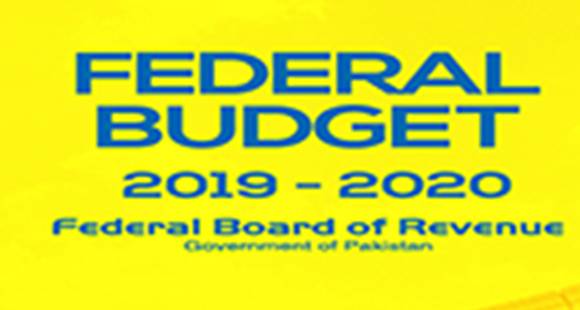KARACHI: Pakistan Stock Exchange (PSX) has proposed introduction of registered savings and investment accounts (RSIAs) in the upcoming budget 2020/2021.
In its budget proposals for the fiscal year 2020/2021, the PSX said that saving and investment are crucial for playing an important role in the process of socio-economic development through capital accumulations.
Pakistan, besides facing problems such as unemployment, rapid growth of population, slow economic growth in the country, has a saving rate that is meager and undesirable for sustainable national economic development. Low level of saving rates in any economy have been cited as one of the most serious constraints to sustainable economic growth.
Higher savings and the related increase in capital formation can be result in a permanent increase in economic growth rates.
Registered savings and investments accounts (RSIAs) are personal accounts that allow investors to accumulate savings (e.g., Individual Retirement Accounts and Roth IRAs in the US, Registered Retirement Savings Plans and Tax Free Savings Accounts in Canada).
Other variations on the theme promote saving toward other goals like children’s education (Registered Retirement Saving Plans in Canada) or funding future needs of a disable individual (Registered Disability Savings Plan in Canada).
Although their design varies according to the schemes objective, they all have 2 features in common:
— Capital accumulates free of tax (on interest, dividend or capital gains) as long as it stays in the account;
— Eligible investments in the account are listed stocks and ETFs, tradable bonds and mutual funds
In the United States, Roth Individual Retirement Arrangement (Roth IRA) is similar to TFSA. The Roth IRA was established by the Taxpayer Relief Act of 1997.
The total contribution allowed per year to all IRAs is the lesser of one’s taxable compensation. The Packwood-Roth plan would have allowed individuals to invest up to $2,000 in an account with no immediate tax deductions, but the earnings could later be withdrawn tax-free at retirement.
Therefore, it is proposed that the Government of Pakistan introduce a mechanism and regulatory structure for the launch of registered savings and investment accounts (RSIAs) to help channel savings towards productive investments.
RSIAs will help bring capital from the large undocumented sector into the formal economy. Further, it is also crucial that firm guarantees be offered that contributions be subject to full amnesty-aside from AML and Terrorist Financing issues due diligence.
Where they have been introduced, registered savings and investment account (RSIAs) have been very successful in channeling savings to productive investments through capital markets and often constitute the main source of income in retirement. In Pakistan, they will bring the added benefit of driving the government’s goal to document the informal sector.
RSIAs could become one of the driving forces in the transformation of Pakistan’s economy. By some estimates, 40 million middle-class Pakistanis have an average accumulated wealth of over USD 10,000, for a total of over Rs. 50 trillion. Much of that wealth is currently invested in real estate, gold and other asset classes in Pakistan offshore. If RSIAs can capture 10% o that wealth, It would be equivalent to more than half the current market capitalization of PSX listed companies or more than the outstanding amount of PIBs and Sukuks.
Appropriate amendment to be made in the Income Tax Ordinance, 2001.







